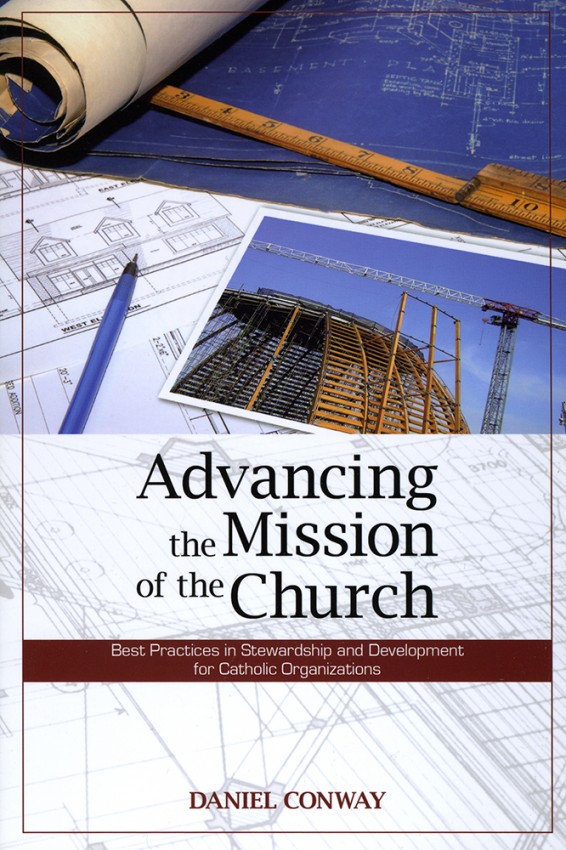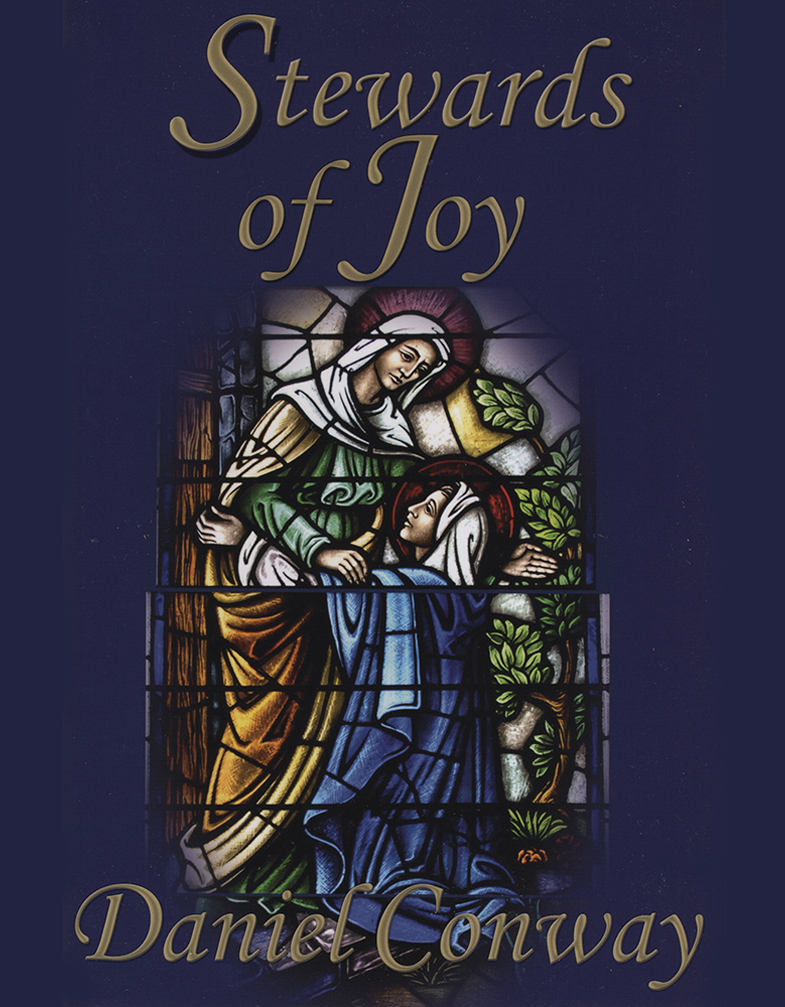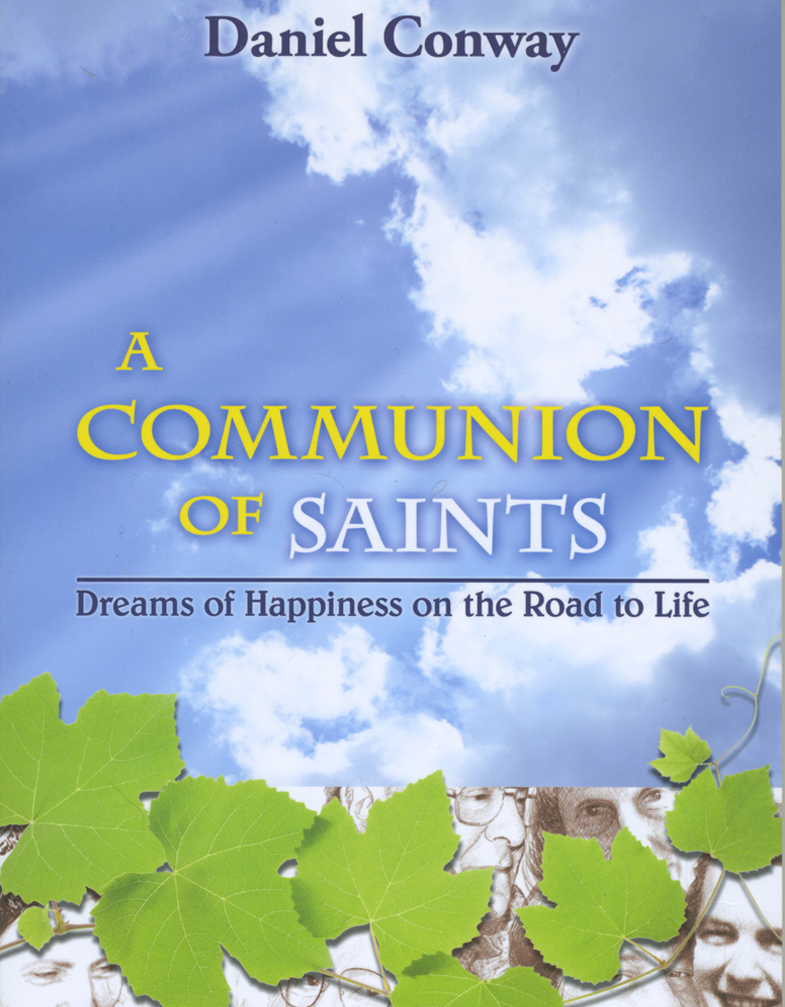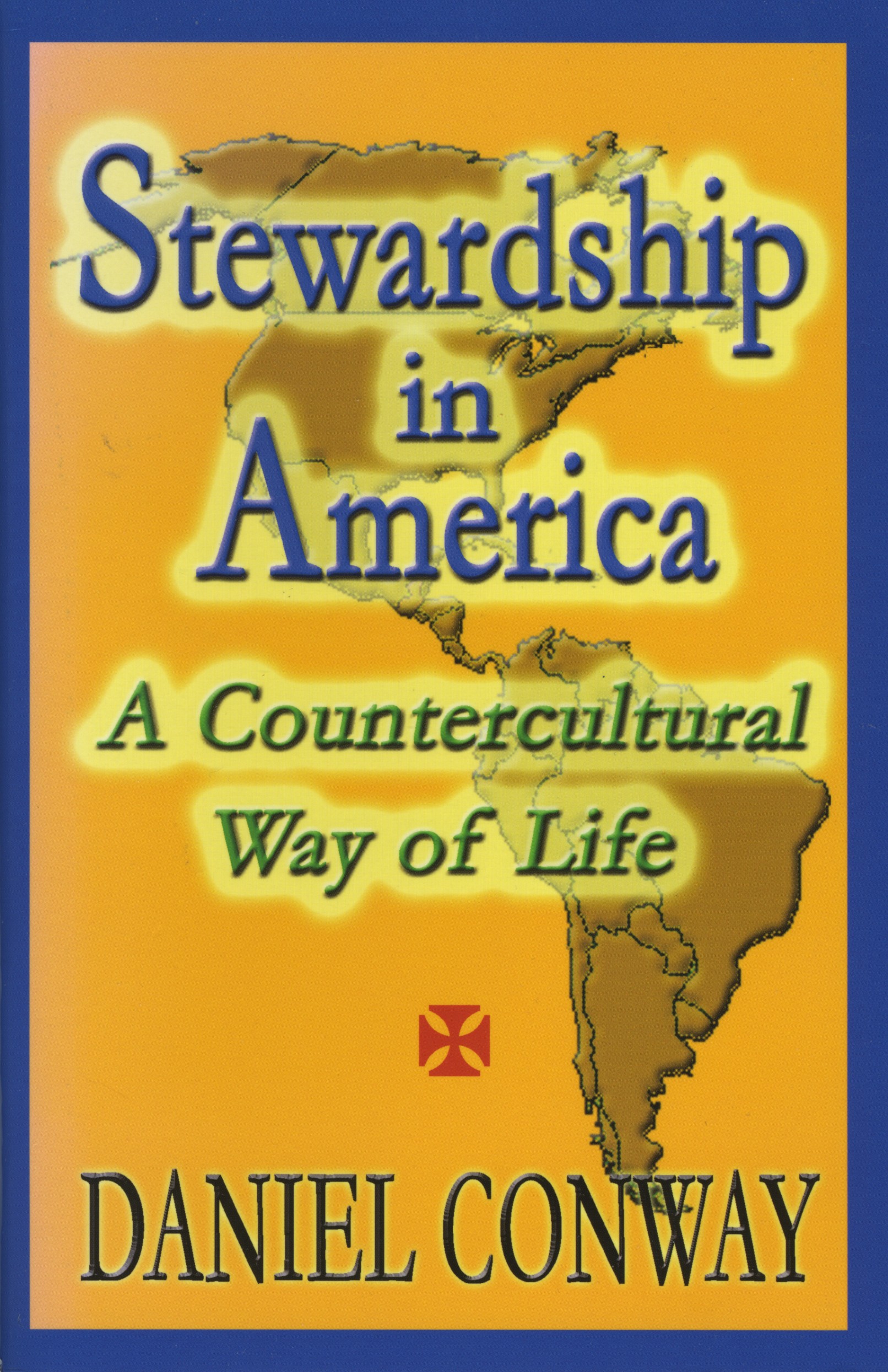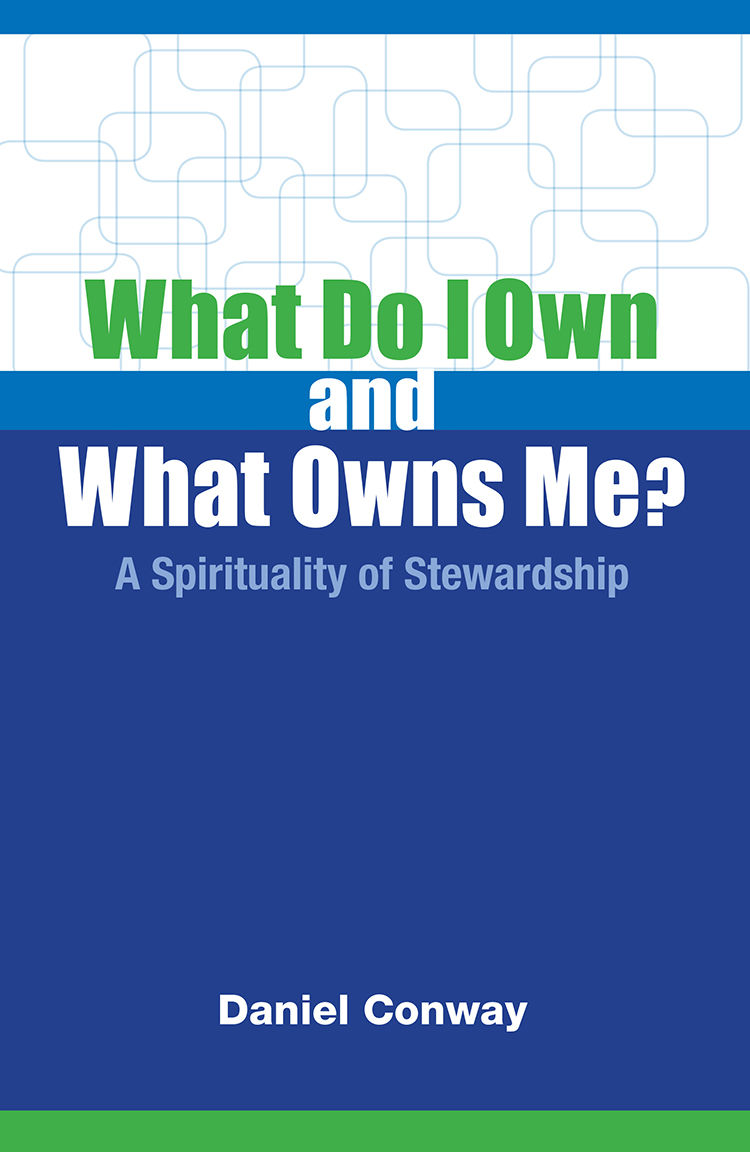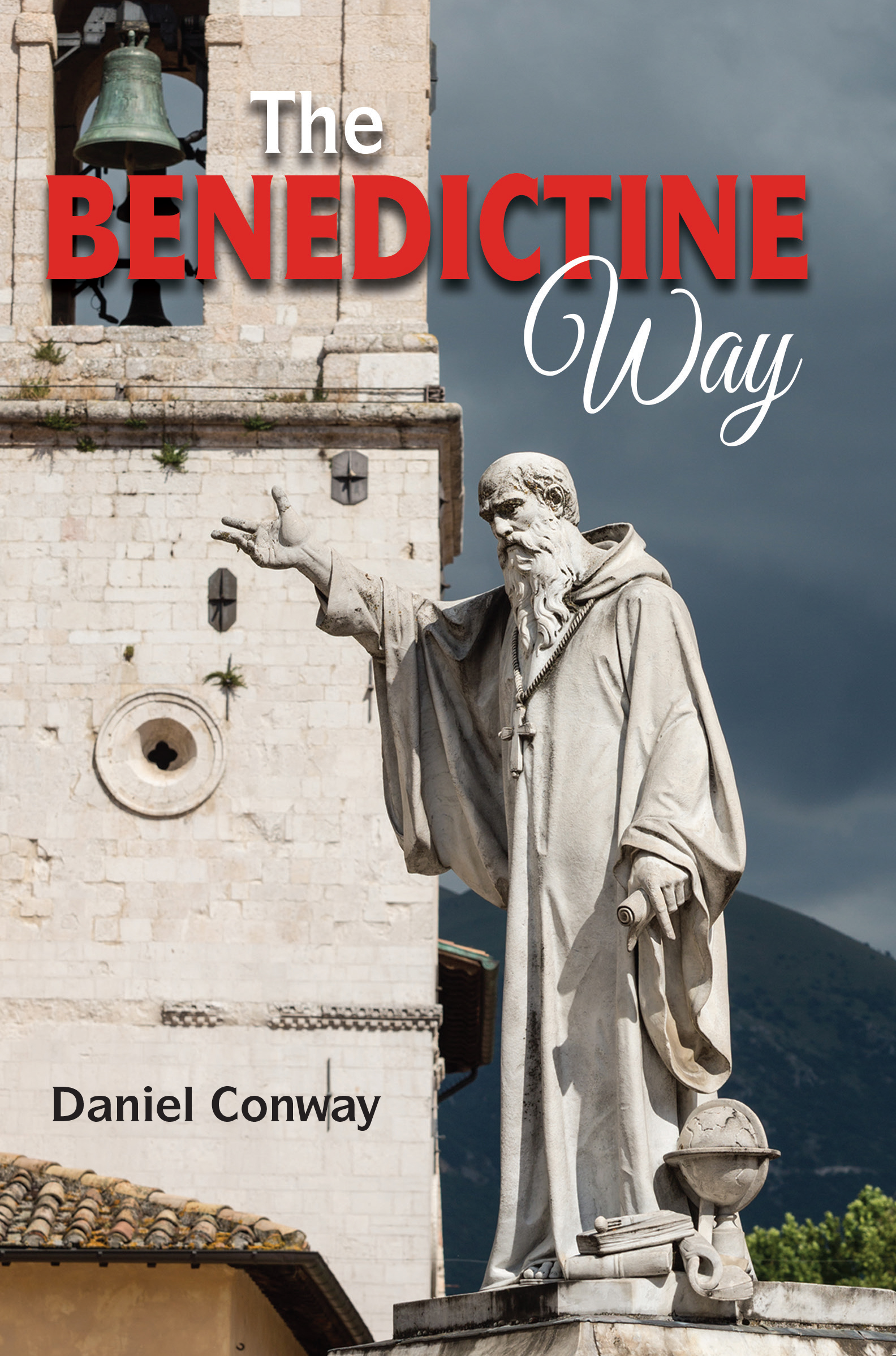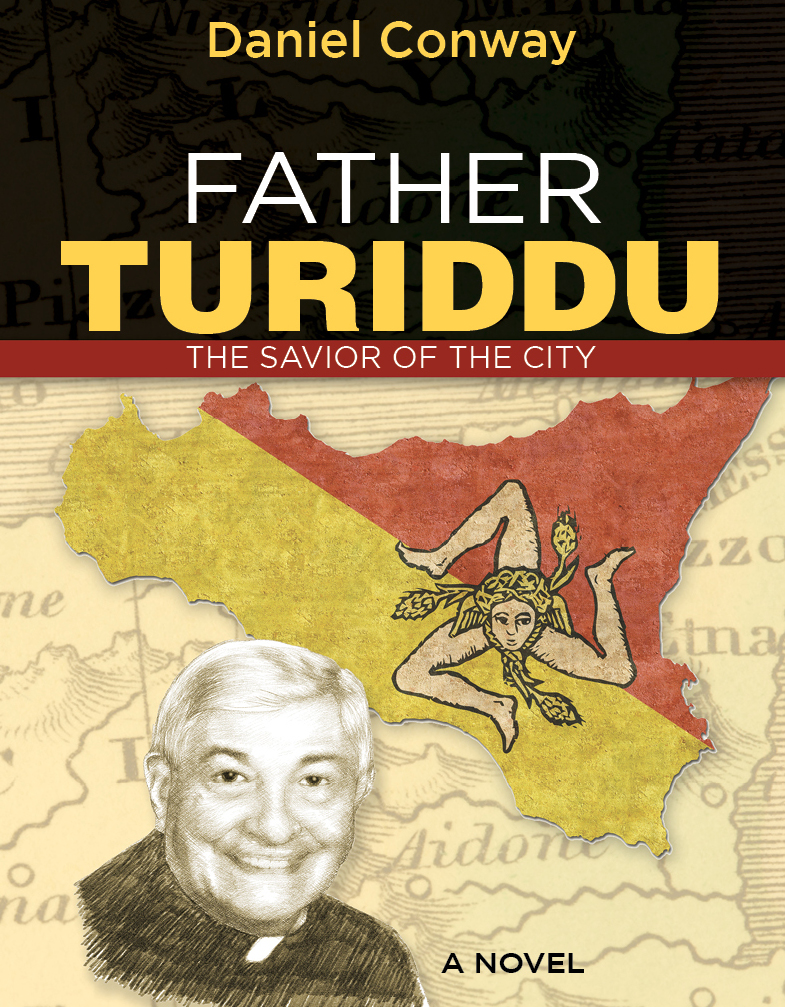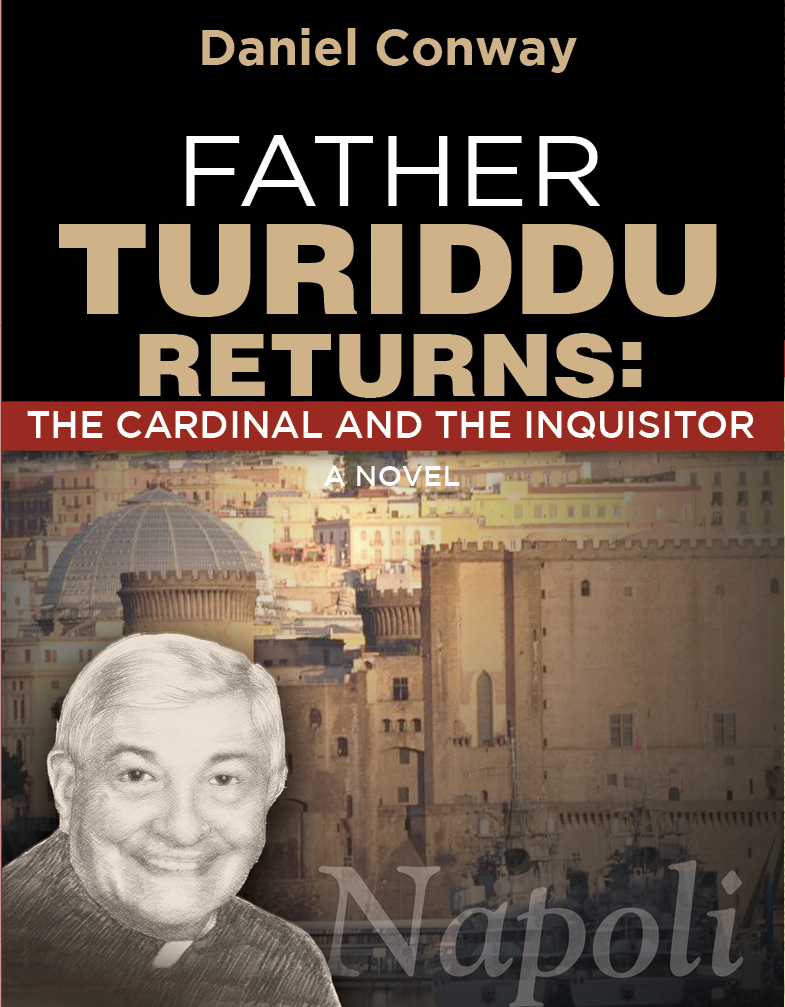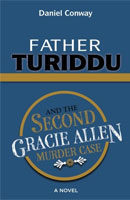Every four years, the bishops of the United States reissue and, on occasion, update their teaching on the importance of forming conscience, and participating actively in the political process as “faithful citizens.” This is an important dimension of the bishops’ teaching ministry. It reminds us all that we have a God-given responsibility to pray, to advocate and to vote as citizens who care deeply about the common good of all.
The bishops do not endorse or oppose any candidates for public office. They don’t tell us how to vote. These important decisions are left to the informed consciences of women and men who are called to understand the moral imperatives and practical consequences of political decisions that must be made by faithful citizens.
The bishops do offer guidelines for the development of an informed conscience. What’s more, the bishops feel compelled to raise a number of serious issues for the careful and conscientious consideration of every Catholic today. These include: The ongoing destruction of more than 1 million innocent human lives each year by abortion; physician-assisted suicide; the redefinition of marriage—the vital cell of society—by the courts, political bodies, and increasingly by American culture itself; the excessive consumption of material goods and the destruction of natural resources, which harm both the environment and the poor; the deadly attacks on fellow Christians and religious minorities throughout the world, the narrowing redefinition of religious freedom, which threatens both individual conscience and the freedom of the Church to serve; economic policies that fail to prioritize the poor, at home or abroad; a broken immigration system and a worldwide refugee crisis; wars, terror, and violence that threaten every aspect of human life and dignity.
In the process of calling our attention to the responsibilities of faithful citizenship, the bishops say: “It would be a serious mistake—and one that occurs with regrettable frequency—to use only selected parts of the Church’s teaching to advance partisan political interests or validate ideological biases. All of us are called to be servants to the whole truth in authentic love, and it is our fervent hope and prayer that this document will provide aid to all those seeking to heed this call” (from the introductory note for Forming Consciences for Faithful Citizenship: A Call to Political Responsibility).
The challenge “to be servants to the whole truth in authentic love” is a serious one in every time and political circumstance, but it seems especially challenging in a time of extreme partisanship when opponents on all side of the issues are deeply divided, and have engaged in forms of mudslinging, name-calling and personal insult that exceed even what might be acknowledged as “politics as usual.”
Given the viciousness of the presidential primaries this election season, it may be important for the bishops to combine their teaching on faithful citizenship with more fundamental notions of human dignity and respect. In fact, Catholic social teaching is solidly based on the conviction that every human person regardless of his or her race, ethnicity, gender, sexual orientation, economic status, cultural heritage or personal background is a human being made in the image and likeness of God, and therefore deserving of respect. Calling names, spreading gossip and insulting each other not only demeans the political process, it undermines the electorate’s ability “to be servants to the whole truth in authentic love.”
The American bishops quote Pope Francis, saying, “We need to participate for the common good. Sometimes we hear: a good Catholic is not interested in politics. This is not true: good Catholics immerse themselves in politics by offering the best of themselves so that the leader can govern.” Surely, we cannot offer “the best of ourselves” when our political discourse has sunk to a level that many would agree is below the lowest common denominator and we are unable to speak seriously—and respectfully—about our differences on matters of importance to society.
It’s time to combine faithful citizenship with a more basic and fundamental recognition of human rights and dignity that expresses itself in the way political opponents and their followers treat one another. Many say that politics has always been a dirty business. Some are advocating that faithful Catholics withdraw from the ugliness and immorality of today’s partisan brawls to some “safe haven” or spiritual oasis—far from the world’s madness.
This is not authentic Catholic social teaching. As Pope Francis teaches, the worse things get, the more we must engage, sharing the Gospel of hope and joy with people who are increasingly angry and marginalized by the political process and by the men and women they have chosen to govern effectively in these challenging times.
Let’s be faithful citizens. But, more importantly, let’s maintain our dignity and our respect for one another.

Copyright © 2016, Daniel Conway Permission is given to copy and distribute this Good Steward Newsletter for use in religious or educational settings provided that proper attribution is given to the author. This publication may not be sold or distributed to the general public without the express permission of the author.

